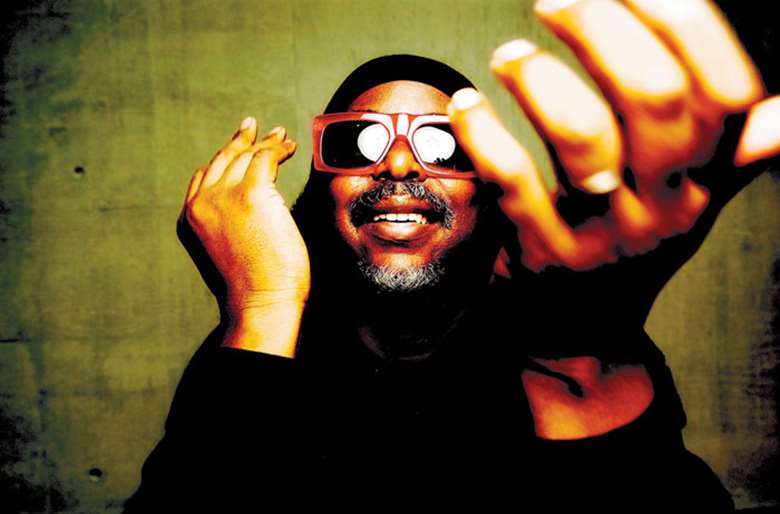Courtney Pine
Kevin Le Gendre
Courtney Pine became one of the key standard-bearers of British jazz in the ‘80s, and, more specifically, the emblem of a new generation of London-based black players of West Indian origin who opted to play acoustic bebop rather than electric fusion


Register now to continue reading

Thank you for visiting Jazzwise.co.uk. Sign up for a free account today to enjoy the following benefits:
- Free access to 3 subscriber-only articles per month
- Unlimited access to our news, live reviews and artist pages
- Free email newsletter